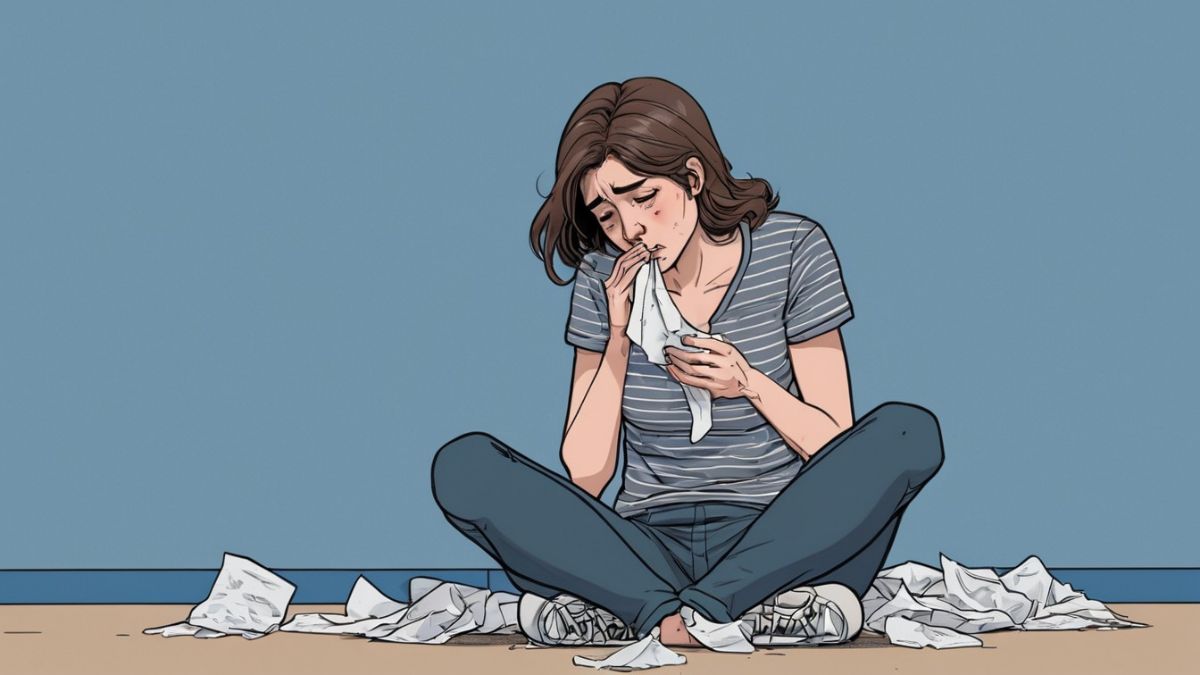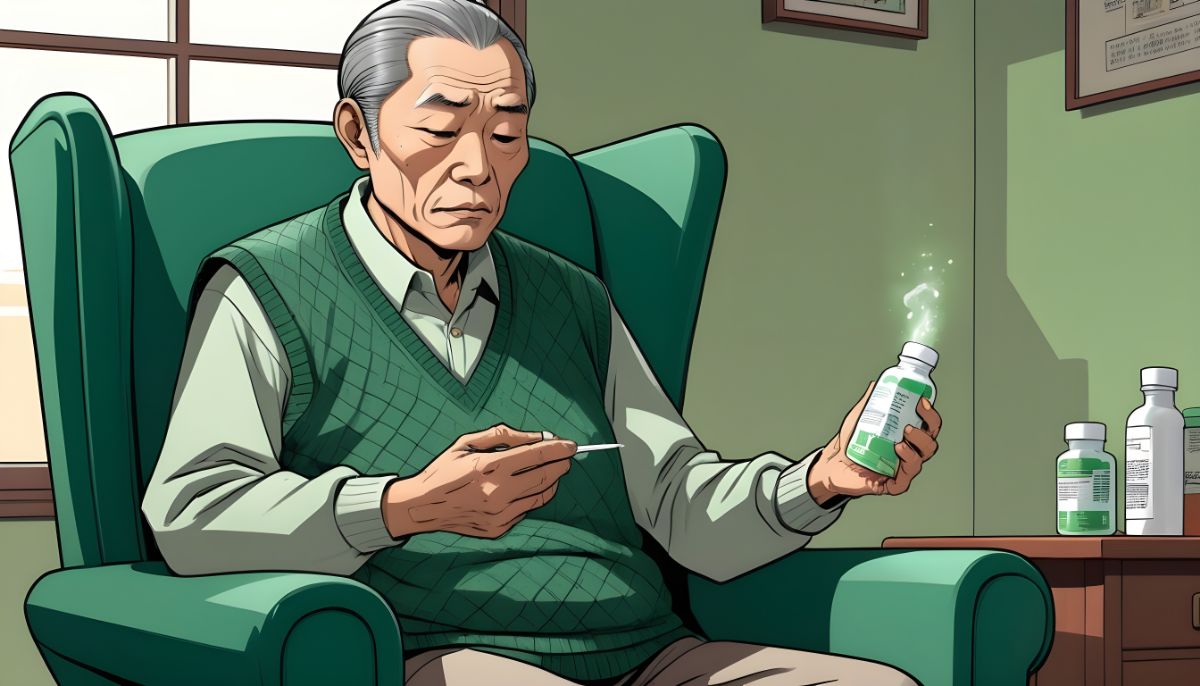
Addiction is a complex condition. If you have been impacted by addiction (also known as substance use disorder) you are likely to have an intense focus on using a certain substance, such as alcohol, tobacco, or illicit drugs, to the point that it takes over your life.
Fortunately, with options such as partial hospitalization in Orange County, addiction is treatable, and recovery is possible through various methods tailored to your specific individual needs and circumstances.
There are a number of viable treatment solutions available, ranging from inpatient and outpatient programs to counseling, with partial hospitalization programs (PHPs) offering a unique blend of intensive care with the flexibility of living at home.
Here are some of the main options to consider.
Detoxification
The first step in treating addiction is often detoxification. You need to do this with the assistance of medical professionals to manage withdrawal symptoms safely.
Detox alone isn’t treatment, but more an initial step to help an individual stop using the substance as safely and comfortably as possible.
Inpatient Rehabilitation
For those with severe forms of addiction, inpatient or residential treatment programs can provide the necessary environment to focus on recovery without the distractions or triggers of everyday life.
These programs typically last 30-90 days and sometimes longer, offering a structured environment with medical care, therapy, and support to address the underlying causes of addiction.
Partial Hospitalization Programs (PHPs)
PHPs serve as a bridge between inpatient care and outpatient treatment. They are ideal if you require intensive treatment but also have a stable living situation. In a PHP, participants spend several hours each day, typically 5-7 days a week, at a treatment facility participating in group therapy, individual counseling, and other treatment activities. The key point is that you return home at night.
This option allows you to maintain some of your daily routines and responsibilities, such as family life or work, while still receiving a high level of care. PHPs focus on relapse prevention, providing coping strategies, and often include support for co-occurring mental health conditions. This makes PHPs a comprehensive solution for many struggling with addiction.
Outpatient Treatment Programs
Less intensive than PHPs, outpatient programs offer similar therapies and treatments but are designed to accommodate the patient’s work and personal life.
Sessions are scheduled throughout the week, making it possible for you to continue engaging in everyday activities. This option is best suited for someone with mild to moderate addiction symptoms.
Counseling and Behavioral Therapies
Counseling, including individual, family, or group therapy, is a cornerstone of addiction treatment. Behavioral therapies can help you develop skills to manage your addiction, repair relationships, and lead a healthier future life.
Cognitive-behavioral therapy, motivational interviewing, and contingency management are among the most common approaches used.
Medication-Assisted Treatment (MAT)
For some, medication can be an essential part of recovery, particularly for opioid, alcohol, and tobacco addiction. MAT can help manage withdrawal symptoms, reduce cravings, and normalize body functions without the negative effects of the abused substance.
Support Groups
Support groups, such as Alcoholics Anonymous (AA) or Narcotics Anonymous (NA), provide access to a community of individuals who share their experiences, strength, and hope with each other to solve their common problem and help others recover from addiction. These groups can be a vital, ongoing support system for recovery.
Each person’s journey to recovery is unique. It’s important to explore various options and find a treatment plan that addresses your specific needs. Recovery is a journey of healing and self-discovery, and with the right support and treatment, you can overcome addiction and lead a normal, healthy life.




